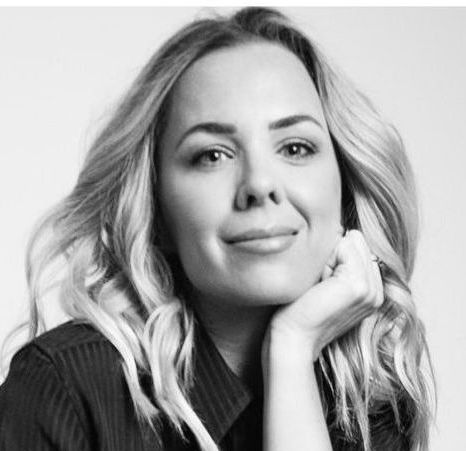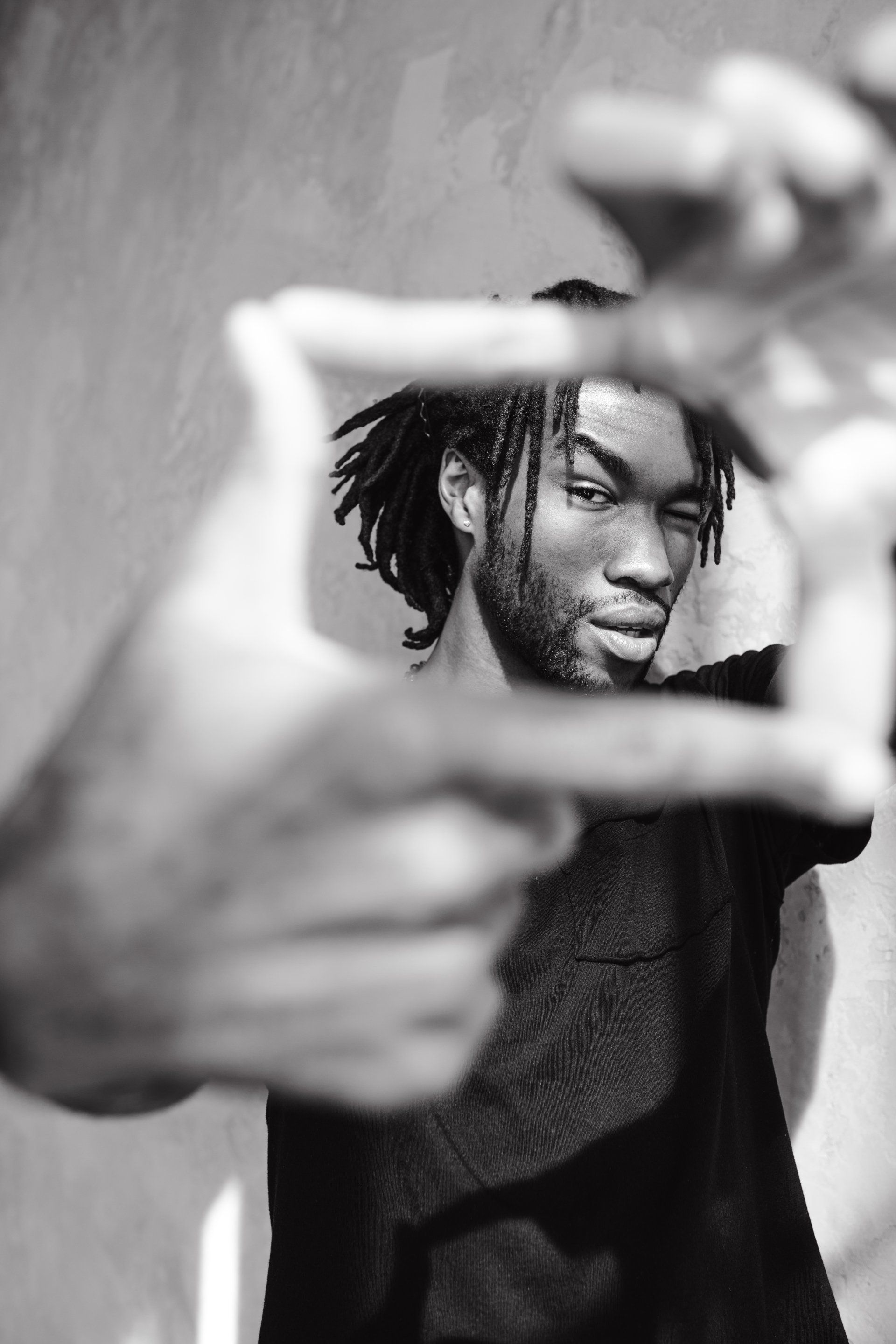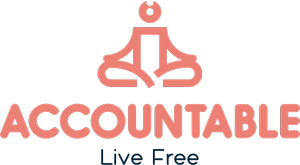Matt Peterson's Story of Addiction Recovery
My name is Matt Peterson, and I live in Tampa Bay, Florida. My sobriety date is 12/23/2010.
Growing up, I had a chaotic home life at times. My parents divorced when I was 12 years old, and it felt like life was spinning out of control. I remember going to an inpatient mental health unit for 30 days at 12 years old, due to my depression, self harm, and suicidal thoughts. This experience of being hospitalized did not help me.
I was full of fear, hopelessness, distrust, and anger. At 15 I got drunk for the first time, and it felt like all my problems melted away. I felt confident, numb, happy, and powerful all at the same time. Around age 16 I took on a persona as “the party guy”. I was responsible for finding alcohol, putting together parties, and I finally felt liked, needed, and valued by everyone.
Once I got a car and started driving, things got worse. I was now routinely drinking and driving, and was obsessed with alcohol. I would spend all week thinking about the next party I could plan. By 17, I was starting to break my own rules. Now I was binge drinking at parties, and also at home by myself.
Addiction and mental health challenges run throughout my family tree. By October of 2010, I had overdosed in a suicide attempt after my dad found my hidden stash of alcohol. At this point in time, drinking was the only thing that brought me happiness. I tried out a couple of 12 step meetings, and I could admit that I never drank in moderation, but the consequences that people were sharing about had not happened to me yet.
That all changed on 12/22/2010. I had been drinking heavily that night, and could barely walk. But I was convinced I could still drive, due to my alcoholic insanity. I was pulled over for speeding. I sat there thinking “There’s no way I can talk to a cop right now, I’m plastered.” I looked around at the empty four loko cans littering the floor of my car, and said screw it. I took off as fast as I could. My best friend in the seat next to me said it looked like I was possessed. And I was. Once I started drinking, all that mattered was the ability to continue drinking, and nothing could stop me.
About a minute later, I ended up spinning into a guardrail at 120 mph, and totaled my car. By some miracle, I did not hit a family on the interstate, and my best friend and I were left virtually unharmed. I was taken to the hospital for some minor injuries, and then spent Christmas in a psych ward. Here I was faced with two options. Go to prison for 9 years due to the felony evading arrest charge, DUI, etc. or go to treatment for 90 days, and I would have a chance at freedom.
I surrendered. The jig was up. There were no more escape hatches to crawl out of. While in treatment I became fully convinced that I was bodily and mentally different from my fellows, and my experience with drinking has shown me that. I took suggestions, and developed a connection with a higher power that has kept me alive during some of the darkest times of my life.
I was able to graduate high school while in treatment, enroll in college, connect with other young people in recovery, and finally developed trust with my family again.
Life has still been full of challenges since beginning my recovery journey, but my decision to not take a drink, one day at a time, has given me the ability to get through all of these challenges. My willingness to be authentic and vulnerable with my support system is what has helped me the most.
I firmly believe that the reason I am alive today is to help others that struggle with substance use and mental health challenges. This is my passion. If you are new to recovery, it’s never too early or too late to begin your recovery journey. Today is the perfect time.




hello@youareaccountable.com
(646) 450-7641